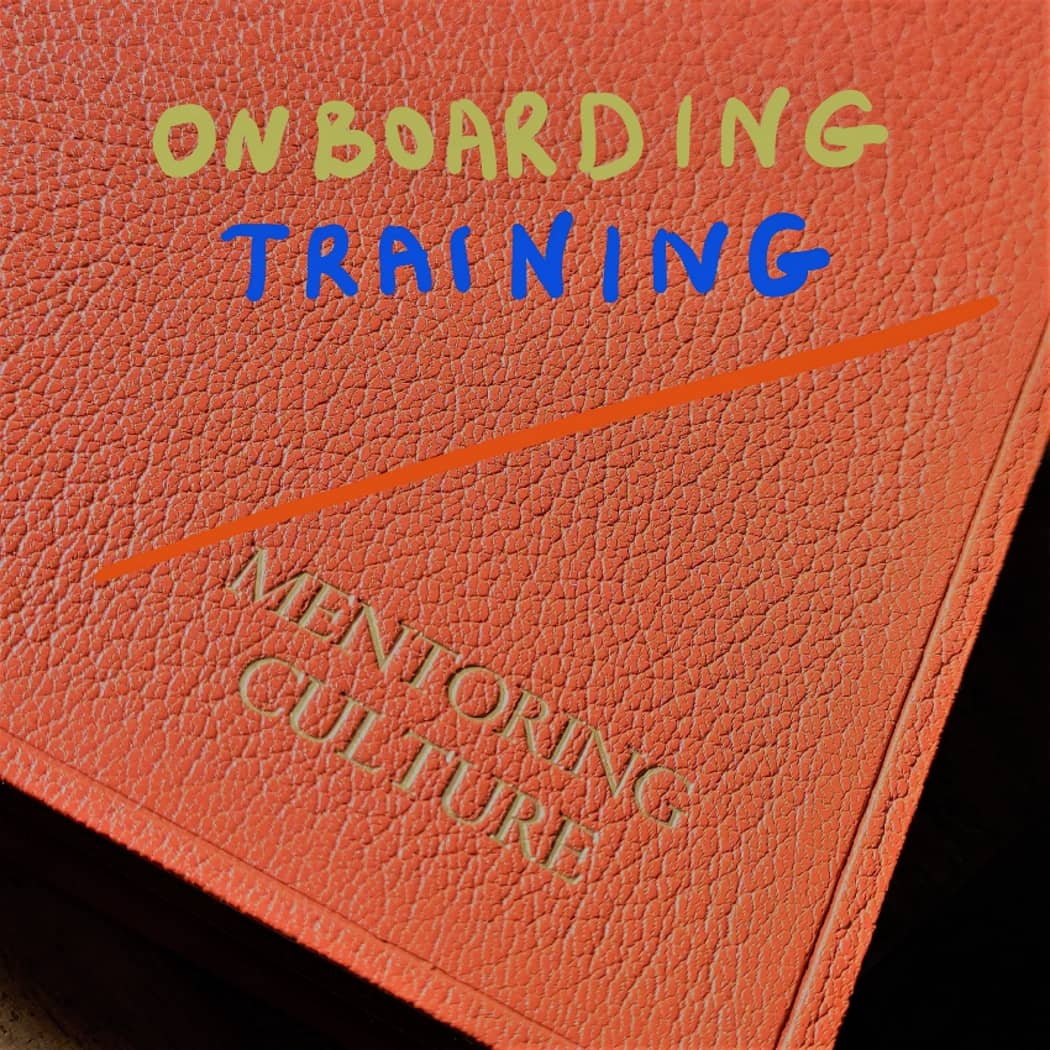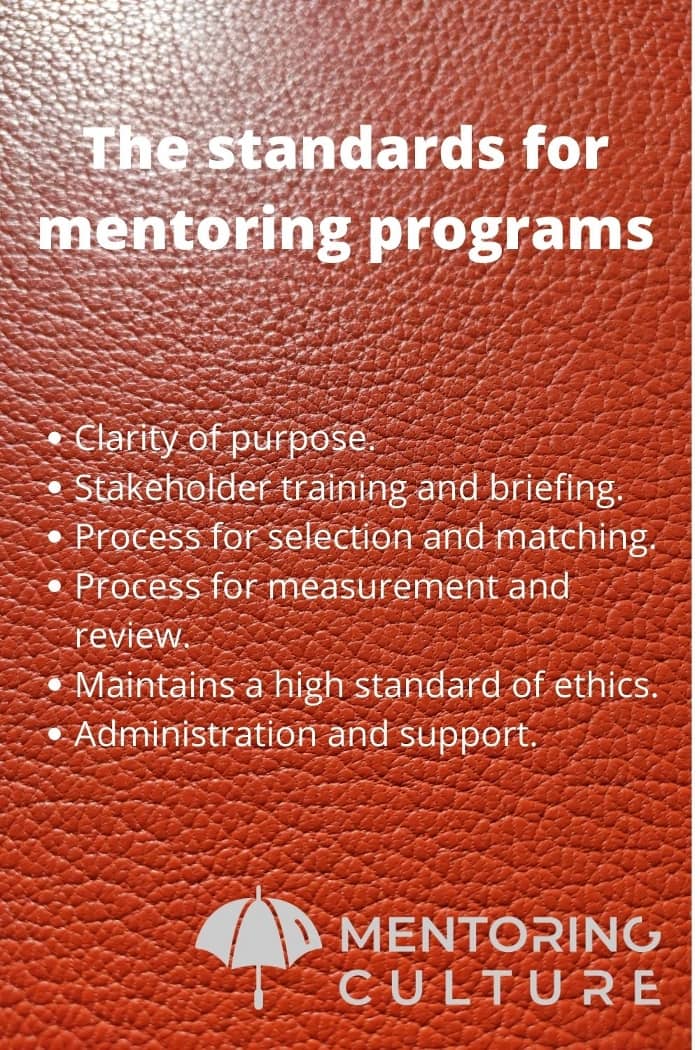Onboarding training of Mentoring program

Onboarding training of Mentoring program
Don’t forget the MENTEE!
When you start a mentoring program, do you organize onboarding training for your mentors?
I have almost no doubt that most of you answered YES.
Do you organize onboarding training for your future mentees?
I am sure that a smaller amount of you have said YES.
Why do you need training not only for mentors but also for mentees?
When we talk about mentoring, we often underline the Mentee’s responsibilities and roles in the mentoring.
We say that the Mentee controls the mentoring process:
- Before mentoring, they evaluate their knowledge, experiences, qualities. They know what they want. They have an idea of how a mentor could help them. Mentees discuss everything they have selected and planned with the mentor and agree on how they will work together.
- They initiate the meetings. They are that person who writes, calls, plan, and so on.
- They arrive at the meetings ready. It means they have situations they want to talk about and have questions they want to ask. And they did the homework that they planed on in the previous meeting.
- They take action. Mentee doesn’t meet they mentor to chat. During or after the meeting, the Mentee makes their own decisions (not the mentor) and then acts.
- Mentees have to reflect on their and the mentor’s activity (How everything went? What you both agreed on? What was especially useful? What do you have to do next? etc.)
- Mentees look for opportunities how they could help the mentor. One way to achieve this is to give the mentor feedback.
BUT DOES YOUR MENTEE
KNOW ALL OF THIS?
It seems evident to us, but do they know?
It’s why Mentees need onboarding training. Like that, they know what they have to do and what they can expect from mentoring. For example:
– How long will the mentoring take?
– What should they expect from the mentor?
– What is a mentee’s responsibilities and their roles in the mentoring?
– What are the goals of the organization that is organizing the mentoring program?
– Who can they contact if they need help?
– Etc.
! ! ! ! !
My own experiences auditing existing mentoring programs in organizations and interviewing mentors, mentees, program managers, and colleagues show the Mentees’ lack of onboarding training.
Maybe you would like to say that your organization has prepared a tutorial, booklet, or document for Mentees with the information needed? It’s a great tool, but it isn’t enough. They need to have a space to discuss what they read or heard about and figure out the nuances.
Training for mentees is also often precisely this field where organizations have to improve if they wish to accredit their mentoring programs (several Mentoring Associations perform a mentoring program’s accreditation).
When you try to achieve successful mentoring, do you give all of the tools to the mentor and the Mentee?






